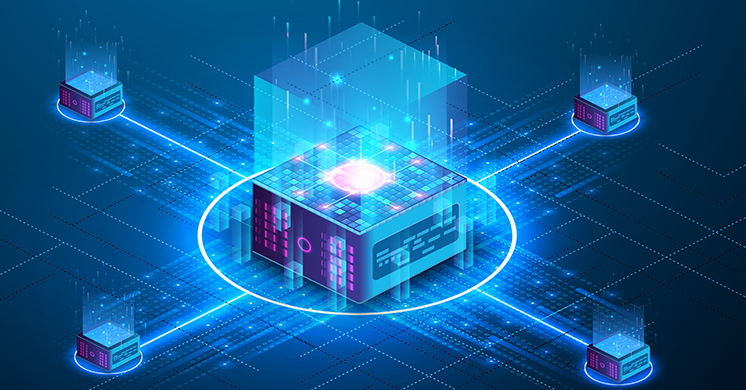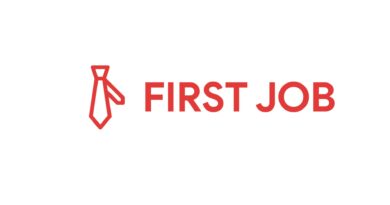Guide to Becoming a Blockchain Developer
Blockchain technology has gained immense popularity in recent years as companies seek to enhance their operations and deliver improved customer services. This article serves as a valuable resource for individuals aspiring to become successful blockchain developers. It offers insights and practical advice to navigate the world of blockchain development, from understanding the technology to acquiring the necessary skills and finding job opportunities.
What is Blockchain Technology?
Blockchain technology is a decentralized distributed ledger system that lacks a central authority. It operates as a digital ledger, storing information in blocks that form an interlinked chain. Once added to the chain, blocks cannot be altered or deleted. The technology finds application in various domains such as cryptocurrency, supply chain management, identity verification, and voting systems, offering security, transparency, and immutability.
Roles and Responsibilities of a Blockchain Developer
Blockchain developers are responsible for creating and maintaining blockchain applications. They work with different platforms like Ethereum, Hyperledger, and Corda, developing smart contracts, decentralized applications, and other blockchain-based solutions. Essential skills for a blockchain developer include proficiency in programming languages like JavaScript, Python, C++, and Solidity, as well as knowledge of cryptography, data structures, and distributed systems.
Essential Skills for Blockchain Developers
Technical Skills:
Programming languages: Proficiency in JavaScript, Python, C++, and Solidity.
Cryptography: Understanding cryptographic algorithms and their application in the blockchain.
Data structures: Knowledge of linked lists, hash maps, and Merkle trees.
Networking: Familiarity with peer-to-peer networks and distributed systems.
Smart contracts: Experience with Ethereum and Solidity for developing smart contracts.
Web development: Proficiency in HTML, CSS, and JavaScript for user interface development.
Soft Skills:
Problem-solving: Ability to analyze complex problems and devise effective solutions.
Communication: Strong written and verbal communication skills for collaboration.
Adaptability: Willingness to learn and adapt to new technologies and tools.
Critical thinking: Ability to evaluate information and make informed decisions.
Education and Certifications for Blockchain Developers
Bachelor’s Degree: A degree in computer science, information technology, or a related field is commonly required. Specialized courses in blockchain technology are now offered by some universities.
Master’s Degree: Pursuing a master’s degree in blockchain technology or a related field can further enhance knowledge and career prospects.
Online Courses and Certifications: Platforms like Coursera, Udacity, Edureka, Simplilearn, and Blockchain Council offer blockchain development courses and certifications.
Building a Blockchain Developer Portfolio
Creating a portfolio of blockchain projects is crucial for showcasing skills and expertise. Ways to build a portfolio include developing personal projects, contributing to open-source blockchain projects, and participating in hackathons and coding competitions.
Job Opportunities for Blockchain Developers in India
Prominent job roles for blockchain developers in India include Blockchain Architect, Smart Contract Developer, and DApp Developer. Leading companies and startups actively hiring blockchain developers in India include IBM, TCS, Infosys, Wipro, Accenture, Tech Mahindra, Zebi, and CoinDCX.
Salary Expectations
Entry-level blockchain developers can expect an average salary ranging from INR 5-7 lakhs per annum in India, while experienced professionals can earn up to INR 20-30 lakhs per annum. It’s important to note that the blockchain industry is still evolving, offering significant potential for innovation and growth.
Blockchain technology has revolutionized data and transactions, offering decentralization and security. Its potential extends to various sectors, ranging from finance and supply chain management to healthcare and social media. As the demand for skilled blockchain developers continues to rise, individuals can follow the steps outlined in this guide to acquire the necessary skills, explore job opportunities, and build a successful career in this exciting field. Ongoing learning and staying abreast of the latest trends are vital for remaining competitive and relevant in the dynamic blockchain industry.
To find the latest fresher blockchain developer jobs check out Hireclap.



